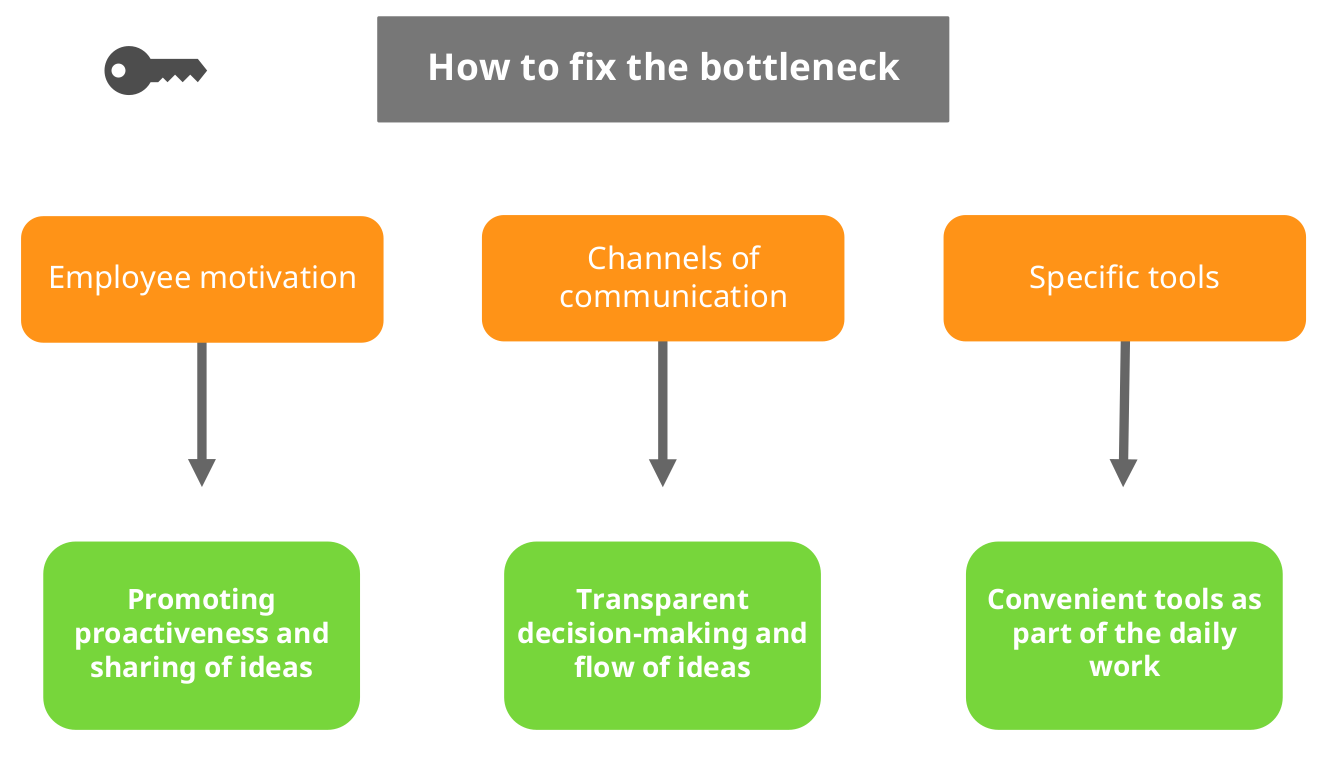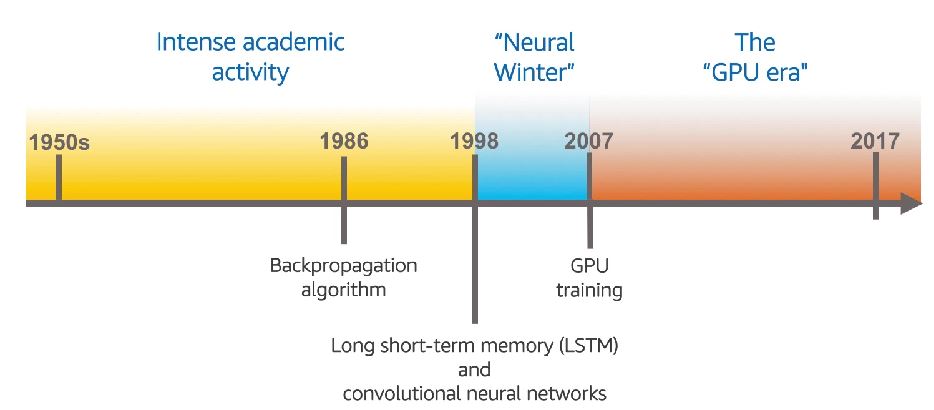The Crucial Role Of Middle Managers In Business

Table of Contents
Bridging the Gap: Communication and Information Flow
Middle managers occupy a pivotal position, bridging the gap between senior leadership and front-line employees. Their effectiveness hinges significantly on their ability to facilitate clear and consistent communication, ensuring information flows seamlessly in both directions.
Effective Communication Strategies for Middle Managers:
- Active Listening: Truly hearing and understanding employee concerns and feedback is crucial. Middle managers must create a safe space for open dialogue.
- Clear and Concise Communication: Translating complex strategic goals into actionable plans for teams requires precise and unambiguous communication. Avoid jargon and ensure everyone understands their responsibilities.
- Utilizing Various Communication Channels: Employing a mix of email, team meetings, one-on-one discussions, and even informal communication methods ensures messages reach everyone effectively. Regular updates to both upper and lower management are also critical.
- Feedback Mechanism: Middle managers are essential in gathering feedback from employees and relaying it to senior leadership, providing valuable insights into team morale, productivity, and potential challenges.
Effective communication by middle managers ensures that strategic goals from upper management are understood and translated into achievable tasks for teams. Simultaneously, it ensures that valuable employee feedback reaches senior leadership, fostering a culture of transparency and improvement.
Mentorship and Team Development: Fostering Growth within the Organization
Beyond communication, successful middle managers are exceptional team builders and mentors. They nurture individual growth within their teams, fostering a culture of collaboration and innovation.
Developing High-Performing Teams:
- Training and Development: Providing opportunities for professional development enhances employee skills and boosts morale. This includes workshops, conferences, or online courses.
- Mentoring and Coaching: Guiding and supporting team members, providing constructive feedback, and helping them navigate challenges is a hallmark of effective middle management.
- Positive and Supportive Work Environment: Creating a culture of respect, trust, and open communication fosters a positive and productive work environment.
- Recognition and Rewards: Acknowledging achievements, both big and small, motivates employees and strengthens team cohesion.
- Constructive Performance Management: Addressing performance issues promptly and constructively, providing support and guidance, helps employees improve and grow.
Delegation and empowerment are key aspects of team development. Middle managers should empower their teams by delegating tasks appropriately, fostering ownership and increasing individual responsibility. This not only improves team productivity but also develops future leaders within the organization.
Problem-Solving and Decision-Making: Navigating Challenges Effectively
Middle managers frequently face challenges that require quick thinking and decisive action. Their ability to effectively solve problems and make informed decisions is vital to the organization's success.
Effective Problem-Solving Techniques for Middle Managers:
- Problem Identification and Analysis: Accurately identifying the root cause of a problem is the first step towards effective resolution. This often requires data analysis and critical thinking.
- Solution Development and Implementation: Once the problem is understood, middle managers must develop and implement effective solutions. This might involve collaborating with other teams or departments.
- Timely Decision-Making: Delaying decisions can exacerbate problems. Middle managers must weigh the options and make timely, informed decisions.
- Appropriate Problem Escalation: Knowing when to escalate an issue to senior management is crucial. This ensures that serious problems are addressed promptly and effectively.
- Data-Driven Decision Making: Utilizing data and metrics to inform decisions allows for more objective and effective problem-solving.
Middle managers act as a buffer, absorbing many challenges and preventing them from escalating to senior management. Proactive problem-solving and risk management are crucial skills for effective middle managers.
Driving Performance and Productivity: Achieving Business Objectives
Middle managers are directly responsible for driving team performance and contributing to the overall success of the organization. Their role in setting goals, tracking progress, and ensuring accountability is paramount.
Metrics and Accountability for Middle Managers:
- Clear Goals and Objectives: Setting SMART (Specific, Measurable, Achievable, Relevant, Time-bound) goals ensures alignment with overall business objectives.
- Performance Monitoring: Regularly tracking team performance against established goals allows for timely adjustments and interventions.
- Key Performance Indicator (KPI) Tracking: Utilizing relevant KPIs provides a quantifiable measure of team success and allows for data-driven decision-making.
- Regular Performance Feedback: Providing constructive feedback helps employees improve and stay focused on achieving goals.
- Accountability: Ensuring that team members are accountable for their work fosters responsibility and high performance.
By aligning team goals with the broader business objectives, middle managers ensure that their teams contribute directly to overall company productivity and profitability. Their role in performance management is crucial to achieving organizational success.
Conclusion
In conclusion, the crucial role of middle managers in business cannot be overstated. They are the vital link between leadership and employees, responsible for communication, team development, problem-solving, and driving performance. Strong middle management is essential for organizational success and sustainability. By investing in and empowering your middle managers, you can unlock significant growth potential within your organization. Learn more about strategies for effective middle management, improving middle management practices, and empowering your middle managers today!

Featured Posts
-
 Padres Vs Pirates Mlb Game Predictions And Betting Odds Analysis
May 15, 2025
Padres Vs Pirates Mlb Game Predictions And Betting Odds Analysis
May 15, 2025 -
 Kirmizi Cizgimiz Fatih Erbakandan Sehitler Icin Gueclue Bir Mesaj
May 15, 2025
Kirmizi Cizgimiz Fatih Erbakandan Sehitler Icin Gueclue Bir Mesaj
May 15, 2025 -
 Toronto Maple Leafs Playoff Clinch Within Reach Against Panthers
May 15, 2025
Toronto Maple Leafs Playoff Clinch Within Reach Against Panthers
May 15, 2025 -
 Caloocan Mayor Race Malapitan Maintains Significant Advantage Over Trillanes
May 15, 2025
Caloocan Mayor Race Malapitan Maintains Significant Advantage Over Trillanes
May 15, 2025 -
 Androids Design Evolution A Deep Dive
May 15, 2025
Androids Design Evolution A Deep Dive
May 15, 2025
